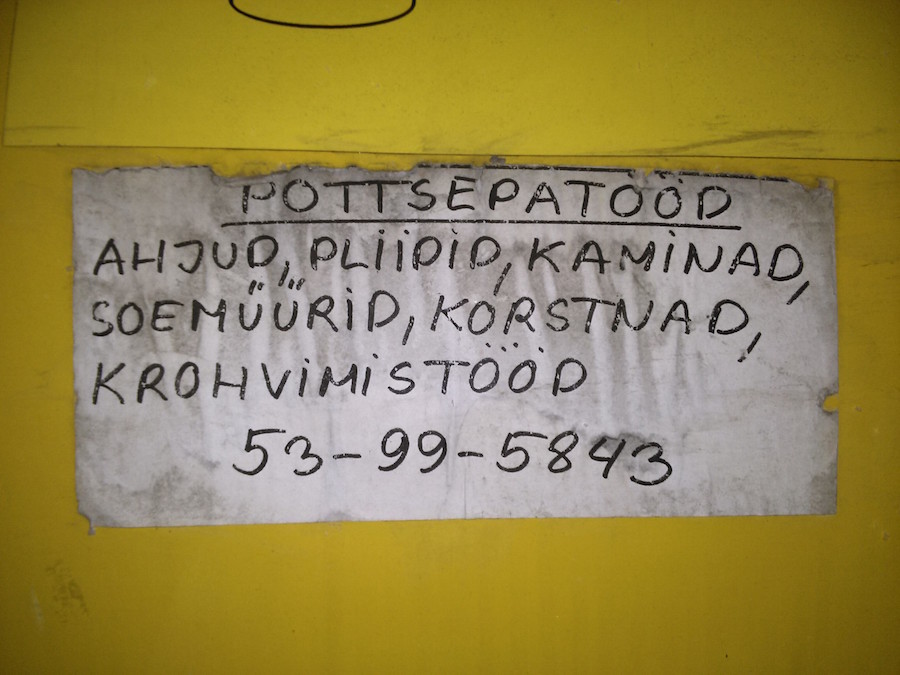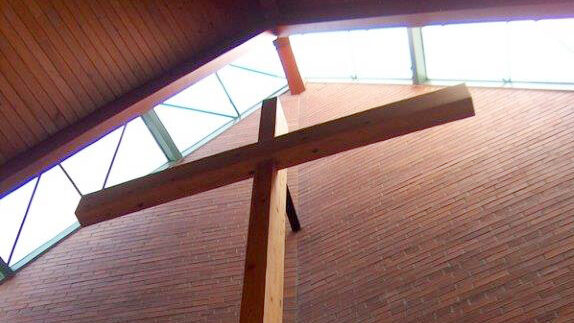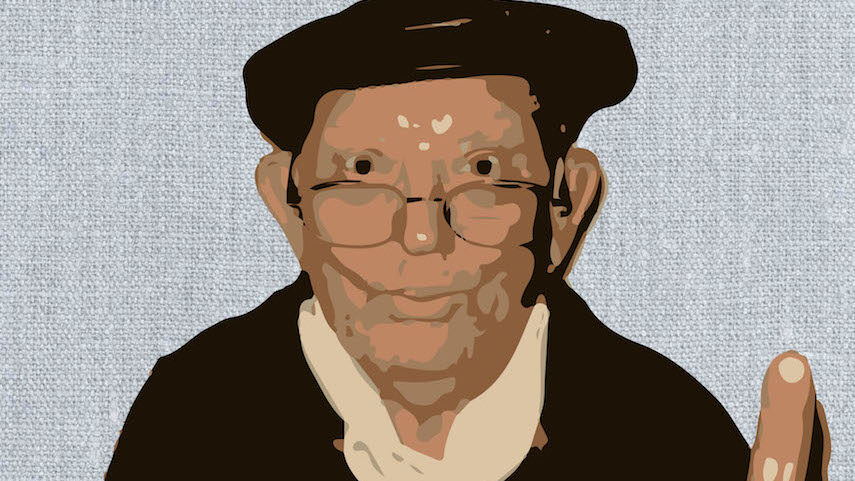The tie-in between these two meanings – potter and stove oven mason – is that in Estonia, ceramic stoves, tile ovens and the soe/müürid (“warm walls”) extending from them are traditionally made of POTT/KIVI also called ”ahju/pott” – a specific type of savi (clay) glazed tiles, the latter side of which are shaped like an open / hollow box. Once upon a time, the pottkivi tiles were made by the same pottsepp who constructed the oven or stove. Now the name has only stuck to phase two, the ladumise or masonry part.
Pott/sepa/tööd are the jobs this particular pottsepp is keen to help with: ahjud, singular ahi in this case is a masonry oven or stove, but is also the word for a furnace or kiln; pliidid, sing. pliit is a masonry stove you cook on top of, i.e. a cooking stove, the equivalent of a contemporary cooking or kitchen range; kaminad, sing. kamin is a fireplace and its floor is a kolle (hearth).
A soe/müür is the masonry or tiled wall behind the stove, which heats the room on the other side as well and is full of a network of lõõrid (flues or ducts) regulated by a siiber (damper). A singer is also said to have lõõrid – his or her respiratory system and singers of all kinds, including birds lõõritavad (warble or trill). “MUL ON SIIBER!” is very common slang for “I’ve had enough” or “up to here” – no doubt up to the point where the damper is pushed into the duct to shut its flow of ventilation. Being siiber usually stems from a direct source: “Mul on sellest töökohast täiesti siiber ” – I’m totally fed up with this job.
Back to the ad at hand: korstnad, singular korsten is a chimney and krohvimis/tööd are plastering jobs; krohv is plaster or stucco. Don’t forget, if you want to call this given pottsepp from abroad, you must first dial Estonia’s country code +372.
Riina Kindlam, Tallinn




